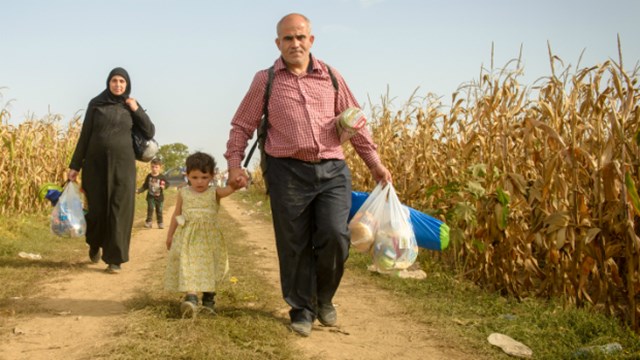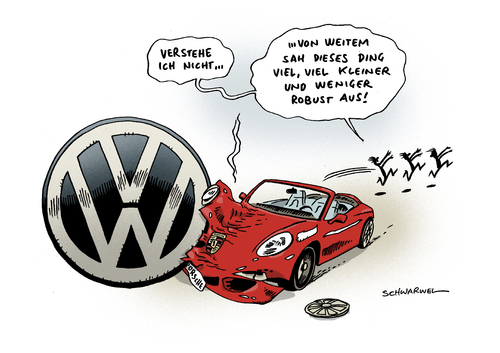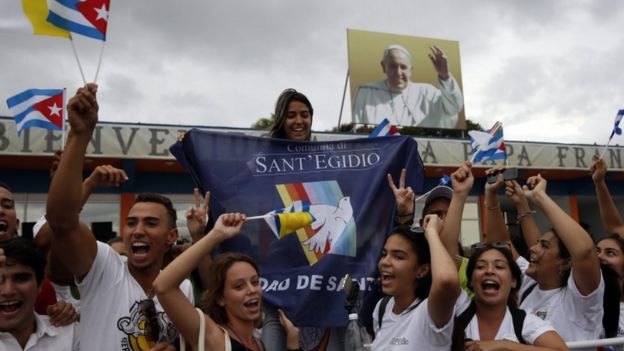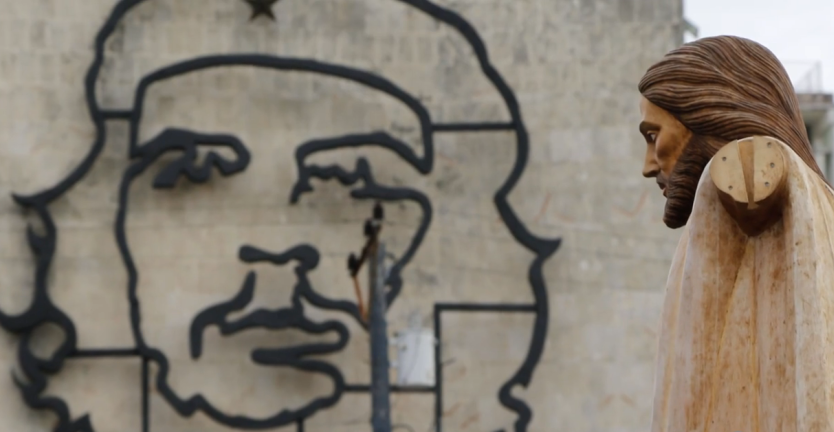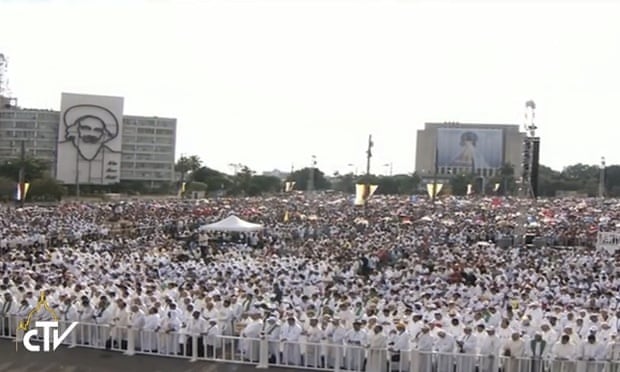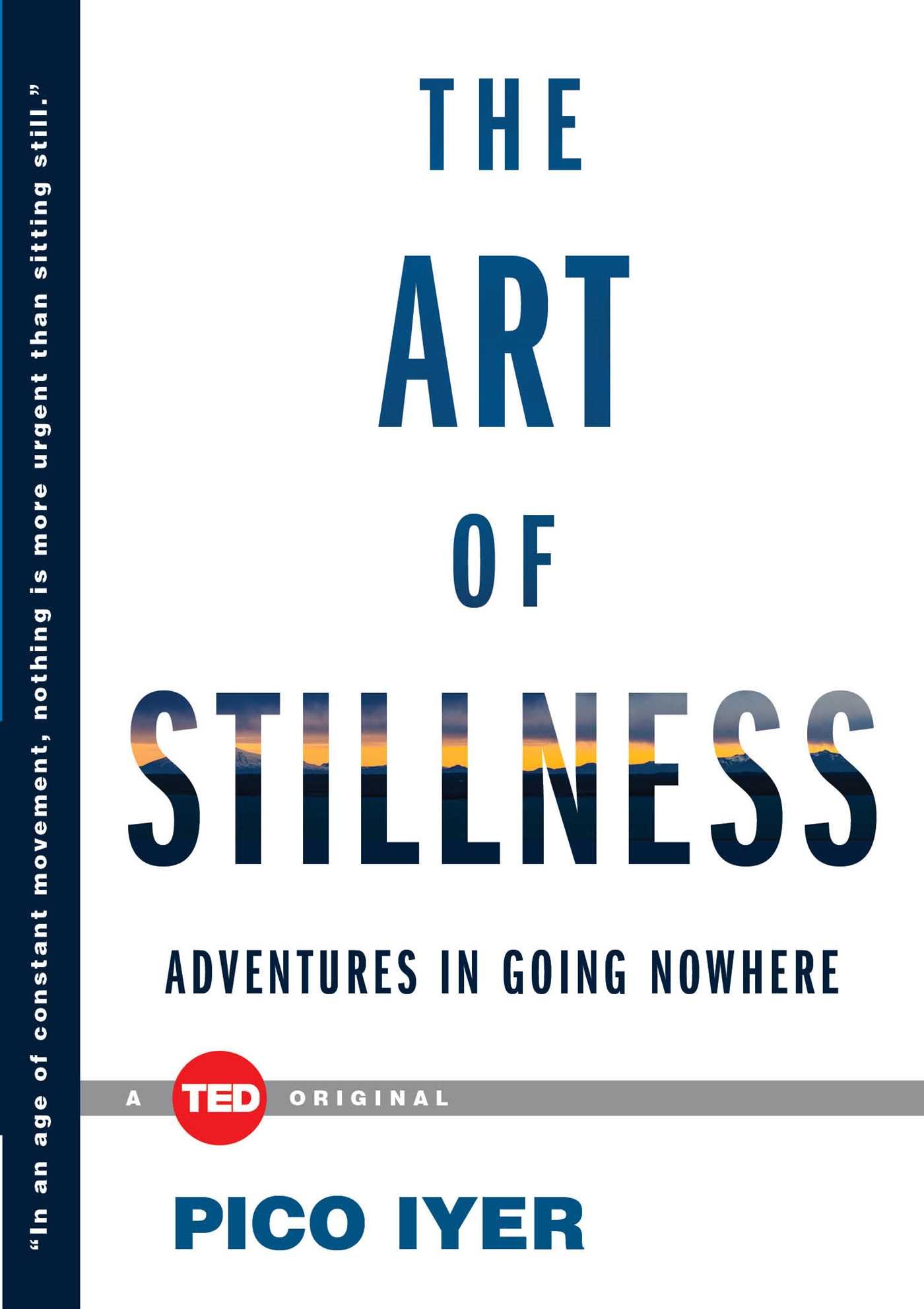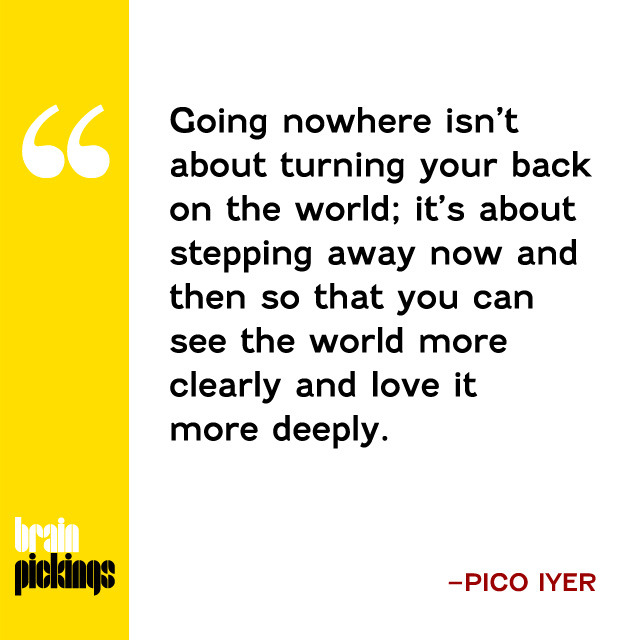
Pop star Justin Bieber went from being a fresh young teen heartthrob to a nasty tempered spoiled brat rather quickly and while it was somewhat predictable and sad, it was hard for me to care.The 21-year-old gave a long interview to Complex magazine recently and was frank about his lifestyle and the controversy that has surrounded him for the last few years because of his, at times, rowdy behaviour. Justin grew up in a Christian household but seemed to turn his back on that. Now he has opened up about his faith, his past troubles and his new desire to “live like Jesus.” In the interview he offers:
At this point, my faith has gotten me to where I am. My faith has brought me to a whole other level. I love talking about my faith. I think that with Christians, they’ve left such a bad taste in people’s mouths. Just like, overly pushy with the subject, overly churchy and religious … You ever flicked on a channel and a late-night church show is on? Sometimes it’s like, “You better do this or you gon’ die and you gon’ burn in hell!” And you’re like, I don’t want anything to do with this. I’m the same way. I’m not religious. I, personally, love Jesus and that was my salvation. I want to share what I’m going through and what I’m feeling and I think it shouldn’t be ostracized.
I just wanna honestly live like Jesus. Not be Jesus—I could never—I don’t want that to come across weird. He created a pretty awesome template of how to love people and how to be gracious and kind. If you believe it, he died for our sins. Sometimes when I don’t feel like doing something, but I know it’s right, I remember, I’m pretty sure Jesus didn’t feel like going to the cross and dying so that we don’t have to feel what we should have to feel … We have the greatest healer of all and his name is Jesus Christ. And he really heals. This is it. It’s time that we all share our voice. Whatever you believe. Share it. I’m at a point where I’m not going to hold this in.
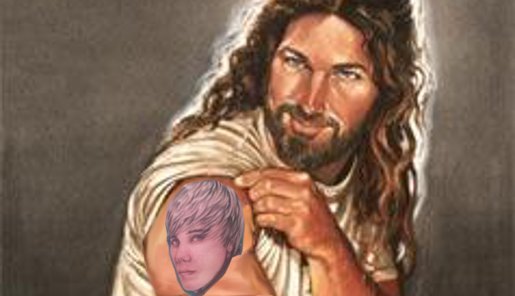
Okay, maybe not profound, but heartfelt and sincere. We'll see if egging the neighbour's house and punching the chauffeur comes to an end. At least he was willing to speak about his faith, something so simple that many of us are reluctant to do. Here's hoping Justin finds meaning and hope from following Jesus.
So, did you roll your eyes at this? Are you glad for the kid that he is attempting a healthier direction for his life? Does "living like Jesus" seem like a reasonable aspiration?

